As Malaysia’s Covid-19 vaccination drive revs up, sceptics threaten to spoil the party
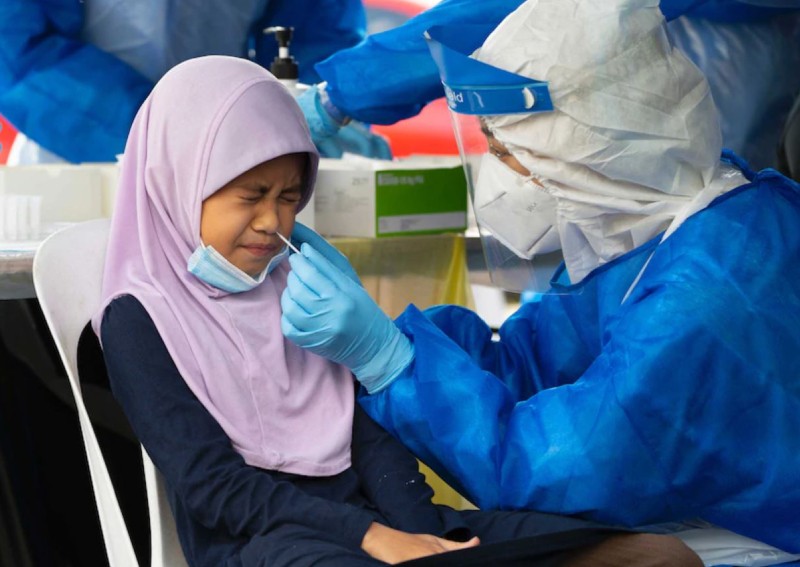
In the interior of Malaysia’s Sabah state, two thirds of which remains under forest cover, citizens are deeply sceptical about Covid-19 vaccinations.
The state has experienced its fair share of trauma during the pandemic, stemming from its experience as the “ground zero” of the nationwide third wave of infections that stretches back to September.
Despite having witnessed deaths and hospitalisations, “many are afraid” of what inoculations might do to them, Jannie Lasimbang, a Sabah state assemblywoman, told This Week in Asia.
“Older people are especially afraid to sign up. I think young people are not so scared,” said Lasimbang, who represents the district of Kapayan.
“The older ones usually say that they have a lot of comorbidities such as heart problems, and that is something they are worried about.”
Poor internet connectivity meanwhile makes it harder for these citizens to register for appointments through the government portal. Manual registration is done via community leaders, some of whom are not trained to handle the process.
Two thousand kilometres across the South China Sea in the state of Selangor in Peninsular Malaysia – the country’s most industrialised region – assemblywoman Lim Yi Wei is encountering a different problem.
Residents, including those in low-income housing, in her district of Kampung Tunku in Petaling Jaya are more than keen to be vaccinated, but some are proving choosy about which vaccines they want.
“A lot of them strangely prefer Sinovac,” said Lim, adding that some residents were complaining that the Pfizer vaccine’s status as the ‘gold standard’ of Covid-19 vaccines was undeserved.
As Malaysia begins revving up its roll-out of vaccinations – with supply constraints easing and more vaccination centres being set up – experts and community leaders like Lim and Lasimbang say a range of other factors could hold back the government’s target of inoculating 60 per cent of the country’s 32 million residents by the end of September.
Some 14.5 per cent of the population has so far received at least one dose and 5.5 per cent have received both doses, according to the Special Committee for Ensuring Access to Covid-19. The number of doses being administered daily is currently hovering at over 250,000.
The government has set itself a target of 400,000 daily doses by August.
Undue concern about side effects and vaccine ‘choosiness’ – the issues raised by Lim and Lasimbang – are just two of the problems authorities face in achieving this goal.
Khor Swee Kheng, a Malaysian physician specialising in health policies, said the true scale of vaccine hesitancy would become clear as vaccine supplies increased.
Some observers have interpreted an unusually large number of no-shows at vaccine appointments as a sign of vaccine scepticism. The Utusan Malaysia newspaper on May 27 reported that some 52,000 people had missed their appointments.
But Khor said “missed appointments are not a reliable marker of vaccine hesitancy, and could be attributed to administrative changes or errors, or complacency”.
“Those who are truly vaccine-hesitant will not even register for the vaccine in the first place,” he said.
Harris Zainul, a local researcher studying anti-vaccination propaganda, said it was important that the science behind the vaccines – particularly on its safety – was articulated to citizens.
As with vaccine-related disinformation around the world, falsehoods being spread in Malaysia include claims that the vaccines were developed without adherence to proper trial processes, that the technology underpinning mRNA vaccines is dangerous, and that health authorities are clueless on the long-term effects of Covid-19 vaccinations.
The Malaysian government has repeatedly stressed that approved vaccines are thoroughly screened by a vaccine selection technical working group and the country’s National Pharmaceutical Regulatory Agency – both of which are staffed by experts.
“In fairness, the government has done quite a lot to disseminate good information about the importance of vaccination and the safety of vaccines,” said Zainul, an analyst with the Institute of Strategic and International Studies.
But accessibility to the information remained an issue, the researcher said, adding that the material would have greater reach if it were translated to more languages.
Mass media outlets too had a part to play, Zainul added. While most domestic media had supported vaccinations, there had been “a minority of newspapers that have published misleading headlines regarding the vaccines which could lead to vaccine hesitancy,” he said.
Lim, the Selangor politician, said vaccine hesitancy stemming from false information was especially prevalent among people with higher education.
These conversations centred around the efficacy of vaccines versus so-called alternatives such the anti-parasitic drug Ivermectin.
Studies are ongoing over whether the drug could be a possible post-infection treatment for Covid-19, though it is not an alternative to vaccines – which limit both transmission and the probability of an infected person getting seriously ill.
On vaccination choosiness, some observers said perceptions were being formed by similar misinformed conversations taking place online.
While proponents of Sinovac’s jab “view it as a safer vaccine because it was manufactured using the tried-and-true method of inactivating viruses”, there were concerns about its halal status among Malay Muslims, who make up the majority of the population, wrote Vinod RMT Subramaniam, a senior lecturer at the Jeffrey Cheah School of Medicine and Health Sciences in Monash University Malaysia in a June 22 commentary.
Malaysian clerics have said the question of whether vaccines are halal is tangential, given that not taking vaccines would cause greater harm.
Subramaniam said in his commentary for The Edge Malaysia that the debate over which vaccine was superior had “been significantly boosted by social media , leading to viral sharing of fringe opinions and disinformation”.
He added: “It is thus hard for the public to tell whether something is an established fact, and truth is lost in noise.”
Meanwhile, observers are particularly concerned about the government’s policy towards inoculating foreign labourers.
The government has said some 400,000 foreign nationals, or about 16 per cent of the country’s resident foreigner population, registered to be vaccinated by June 16.
Activists say the government’s openness to inoculating resident foreigners does not square with an ongoing crackdown on undocumented migrant workers.
An inter-agency body called the National Task Force has reportedly stepped up raids against these workers amid the country’s ongoing partial lockdown, as it did during previous rounds of movement restrictions.
The Home Minister Hamzah Zainudin meanwhile has been quoted as saying that Pendatang Asing Tanpa Izin [‘illegal immigrants’ in Malay] would have to “surrender” to authorities before becoming eligible for vaccines.
Adrian Pereira, director of the North-South Initiative, a human rights advocacy group, said the crackdown on undocumented migrant workers was jeopardising the national vaccination effort.
“It’s misleading of the [authorities] to round up everyone, broadcast it to the media and portray these people as lawbreakers,” Pereira said.
“Criminalising them is not the solution … it raises the question of whether the government is being sincere in wanting to solve this particular problem.”



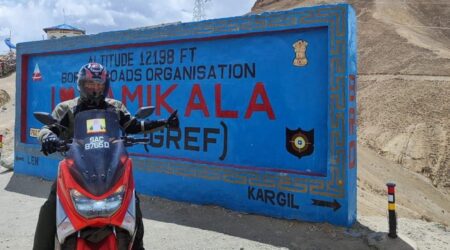
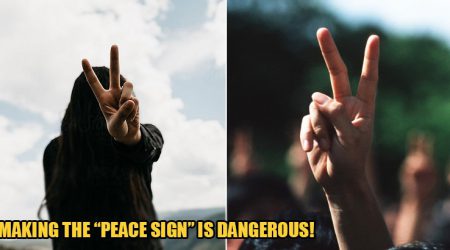
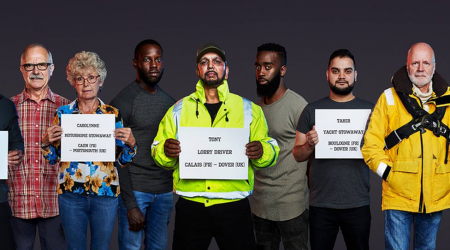

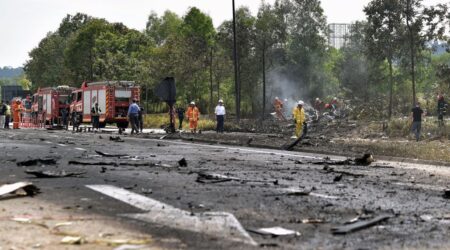

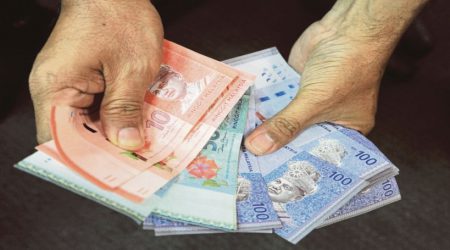
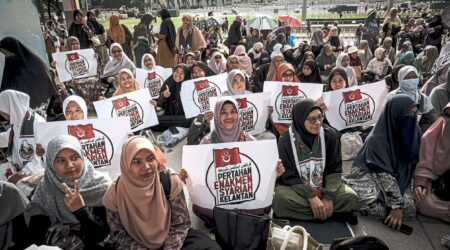

Leave a Reply